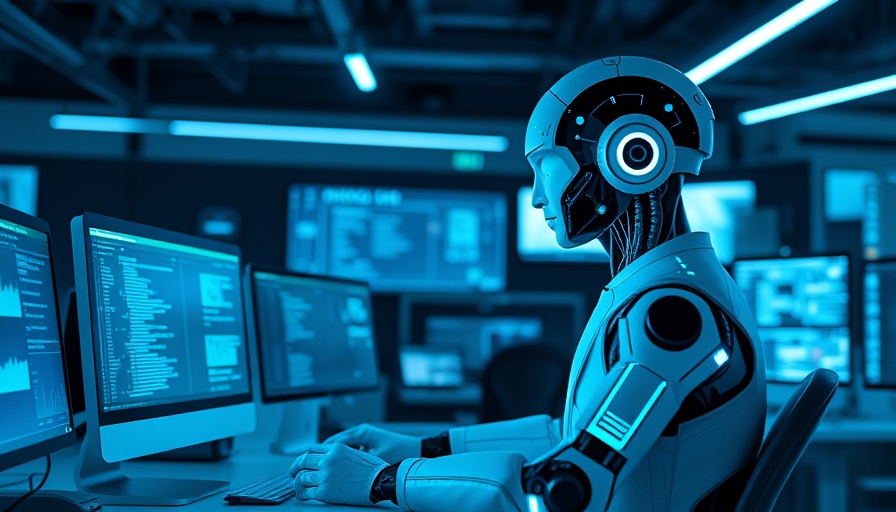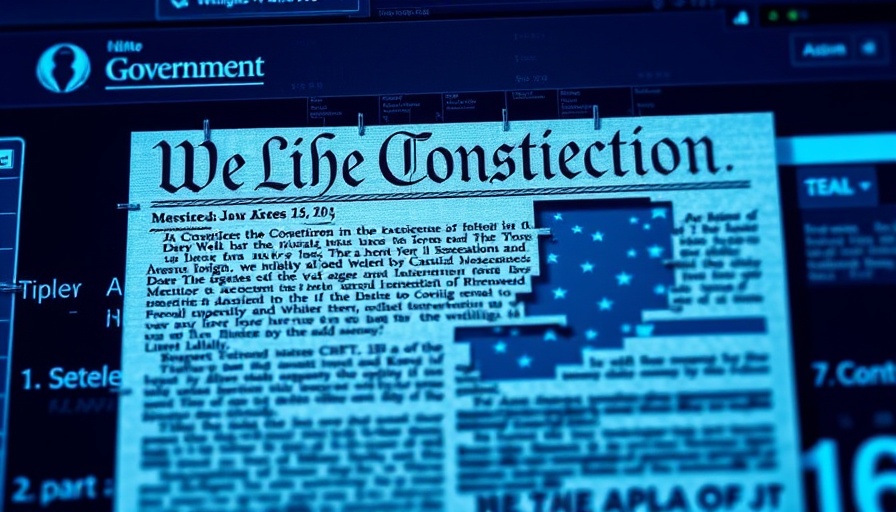
A Dire Warning from Citizen Lab’s Ron Deibert
Ron Deibert, the director of Citizen Lab, is raising alarm bells within the cybersecurity community as he prepares to speak at the prestigious Black Hat conference in Las Vegas. His message is clear: the intersection of technology and authoritarianism poses a significant threat not only to cybersecurity professionals but to democracy itself. Deibert refers to this concerning trend as a "fusion of tech and fascism," underscoring the collective insecurity that’s growing amidst the silence from tech giants.
The Political Climate and its Implications
Deibert's concerns aren't unfounded. He points to recent U.S. political developments that have seen an uptick in authoritarianism, raising questions about the responsibilities of the cybersecurity sector. The firing of former CISA director Chris Krebs by former President Donald Trump, who dismissed critical voices against his administration’s falsehoods about election integrity, highlights how politics has crept into the realm of cybersecurity. Conversations sparked by Deibert, as well as calls from figures like Jen Easterly, stress the urgent need for cybersecurity experts to stand up against such political pressures.
Calls for Action from the Cybersecurity Community
With a history of political neutrality in focus, Deibert notes that the cybersecurity industry must re-evaluate its role. He advocates for vigilance and proactive engagement from industry experts, suggesting that ignoring this alarming trend can lead to dire consequences for democracy. "If we stay silent... we risk diminishing the very institutions we are here to protect," cautions Easterly. Cybersecurity professionals have an essential role in addressing these threats, and their involvement could be pivotal in shaping a better future.
Corporate Responsibilities in the Fight Against Authoritarianism
Deibert raises a critical point regarding the role of large tech companies like Meta, Google, and Apple in combating government spyware. He warns that cutting back on threat intelligence teams, which are essential for tracking malicious actors influencing democracy, can lead to a significant vulnerability in the broader fight against authoritarianism. As these companies grapple with their responsibilities, it’s evident that the battle lines between corporate interests and public security are becoming increasingly blurred.
The Role of the Public
As we consider the implications of these developments, it is vital for the public to understand their significance. What can individuals do to contribute to the fight against increasing authoritarianism? Engaging in informed discussions, advocating for policies that promote transparency, and supporting organizations dedicated to safeguarding democratic values are all steps that can be taken. By staying educated on cybersecurity and its intersection with politics, the public can play an active role in ensuring that technology remains a force for good in society.
Looking Ahead: Future Tech News and Civil Rights
As the cyber landscape evolves, continual monitoring of the political climate’s effects on technology will be essential. Cybersecurity professionals, combined with engaged citizens and corporate accountability, can help ensure that technological developments enhance rather than threaten our social fabric. The interplay of technology and civil rights will become an increasingly critical issue in the years to come, making it all the more vital for the industry to advocate for democratic practices.
In conclusion, Ron Deibert’s insights at the upcoming Black Hat conference serve as both a wake-up call and a roadmap for action. The cybersecurity community’s response to the intertwining challenges of authoritarianism and technological advancement will be crucial in shaping the future of democracy. As we navigate these turbulent waters, commitment to collective security and democratic values will guide our trajectory.
 Add Row
Add Row  Add
Add 



Write A Comment